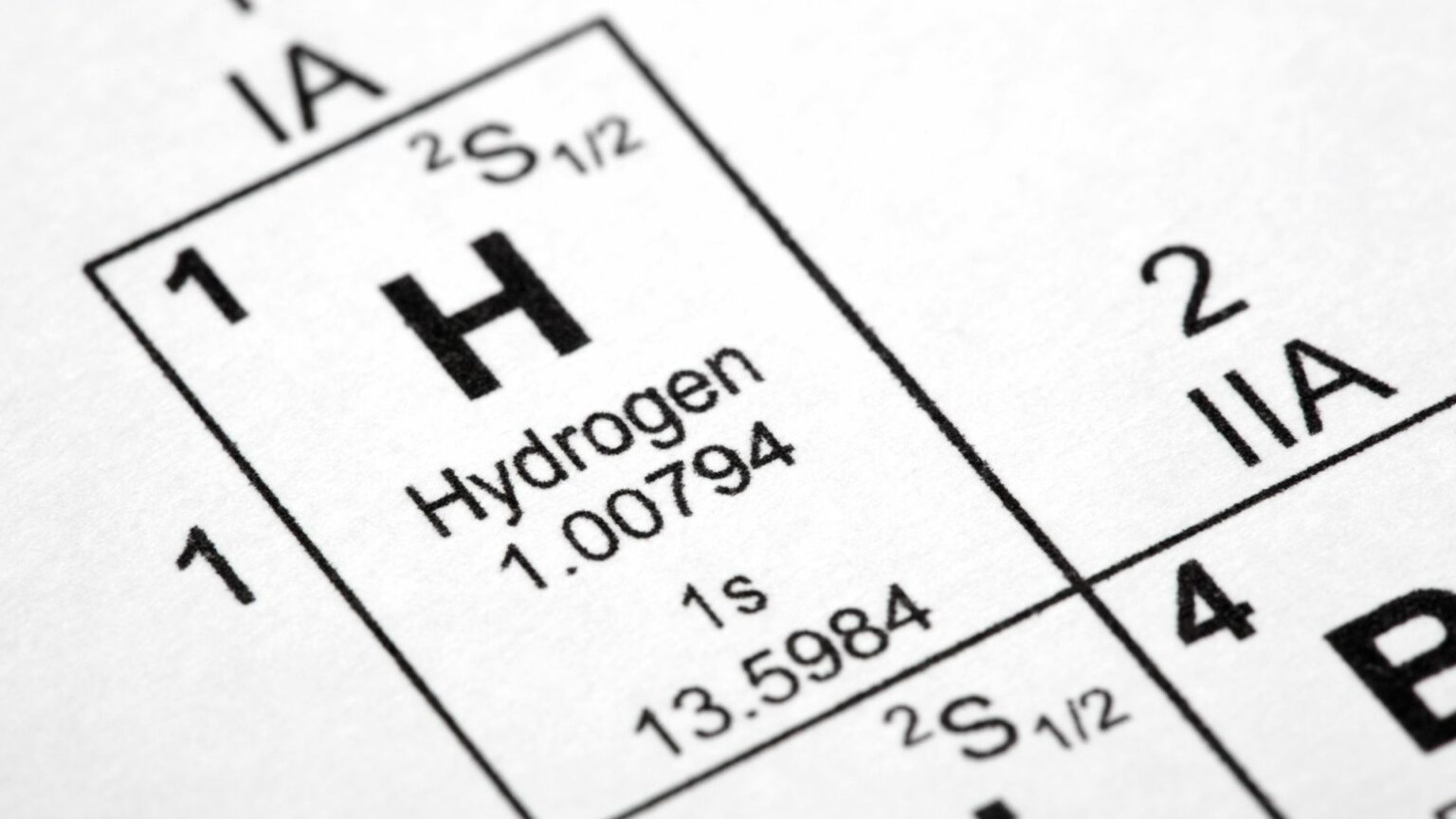Amidst Ukraine’s ongoing geopolitical crisis and reconstruction efforts, an unexpected catalyst has emerged─hydrogen. The German Government’s National Hydrogen Council has proposed that hydrogen exports to the European Union (EU) could provide a crucial lifeline to Ukraine’s economy and energy infrastructure.
The council, chaired by Katherina Reiche, is optimistic that implementing a hydrogen economy could significantly contribute to Ukraine’s ongoing energy system overhaul. This move would not only boost the country’s energy dynamics but also harness potential benefits for the broader European region.
Moving further into the ambit of the EU, the council’s Co-Leader Felix Matthes advocates a comprehensive ‘Green Deal’ initiative for Ukraine. He argues that hydrogen exports should play an instrumental role in this endeavor.
On the same note, the Head of the Ukrainian Hydrogen Council, Oleksandr Riepkin, has expressed that the country has much to gain from investing and establishing a robust hydrogen industry. Ukraine’s competitive advantages are set against its expertise in renewable energy generation, extensive infrastructure, and ample resources for renewable energy production, including wind and solar.
Even amidst the ongoing Russian invasion, Ukraine is showing promising progress in the development of its hydrogen industry. Pilot projects are seeing the light of day, a testament to the resilience and innovation capabilities of the Ukrainian energy sector.
The council emphasizes Ukraine’s preexisting natural gas transport infrastructure and renewable power production potential. These factors position the country as a prime player for hydrogen exports, even before the Russian-inflicted war. The emerging Ukrainian hydrogen strategy aims to leverage these potentialities. Accordingly, the council reveals that the first draft proposal aims to produce 0.6 million tons of hydrogen by 2035 and 2.5 million tons by 2050.
A significant proportion of this projected hydrogen output is set to make its way across the continent through a Central European Hydrogen Corridor. The council promotes the vision of a hydrogen trading network, connecting Ukraine’s power grid to Western Europe. This nexus would signify a new era of international energy cooperation.
In light of these developments, the upcoming Ukraine Recovery Conference scheduled for June 11-12 in Berlin will emphasize the critical role of hydrogen in Ukraine’s recovery roadmap. As the country strides ahead, hydrogen could prove to be a game-changer in economic resilience and regional energy integration.





